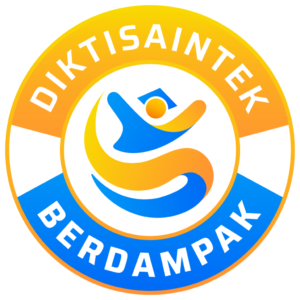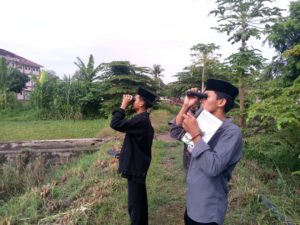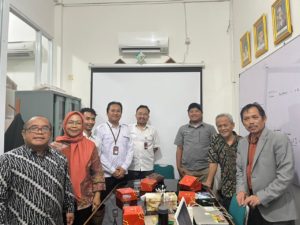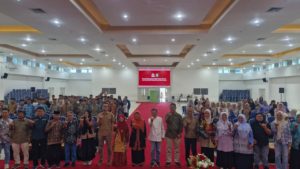A global advanced course in collaboration with the United Nations Environment Programme (UNEP). The course serves to enable the mobilisation of faith resources and collective action for a more sustainable planet. To bring more voices from the Global South to the table and to faciliate for a global dialogue, digital tools and streaming will be utilised. The course is conducted in partnership with Stockholm International Water Institute (SIWI) and the Swedish Environmental Protection Agency (Naturvårdsverket).
Date: 16-18 March 2020
Last application date: 16 February 2020 for all learning hubs. We reserve the right to select participants with regards to group composition.
Maximum number of participants for all learning hubs: 175
Venue: In Sweden the learning hub will be held at Sida Partnership Forum and Sambiblioteket, Härnösand. Other learning hubs will be organised in Nairobi/Kenya, Sarajevo/Bosnia and Herzegovina, Jakarta/Indonesia, Pretoria/South Africa and Amman/Jordan.
Responsible Programme Manager: Josephine Sundqvist, Sida Partnership Forum
For practical information: Please contact Tora Lundberg, Sida Partnership Forum
Language: English
Cost: Sida covers training costs for all participants including provision of meals at the respective training sites. Sida will not cover for per diem, neither for contributors nor for participants. For participants in the Swedish hub accommodation will be arranged at Sida Partnership Forum.
Indonesia/Jakarta Hub: Please Contat : Center for Islamic Studies, Universitas Nasional (eligible only for 20 participants from: faith groups; university; NGO; and indegenous group (adat) willing to stay 3 days workshop)
Aim of the Global Learning
To deepen participants’ knowledge and understanding of the nexus of environment/climate and faith. By moving from business as usual to actually making a difference, the global learning experience also serves to facilitate for new innovative local, regional and global partnerships, to enable the mobilisation of faith resources and collective action for a more sustainable planet.
Learning Objectives
After active engagement in the global learning experience, participants will be able to:
- Elaborate on the nexus of Environment/Climate and Faith;
- Explore new forms of innovative faith partnerships at the local, regional and global level and assess the impact that new approaches may have on the 2030 Agenda – in particular, how young and women faith leaders can be innovative and contribute to the sustainability agenda at all levels;
- Explain the relevance of value-based approaches in Environmental/Climate related work;
- Clarify the urgency of new collaborative models and actors’ coalitions for a more sustainable planet; and
- Establish new networks and organisational contacts for the fostering of new partnerships with local and/or regional/global partners.
Content
The 2030 Agenda can only be achieved by engaging and empowering stakeholders, mobilising partnerships and engaging untapped innovative approaches. Faith-based actors and indigenous communities have been recognised by the UN system as key and important players in eradicating poverty, improving people’s lives, protecting the environment and thus achieving sustainable development.
The global learning experience will be based on lessons learnt from the UNEPs Faith for Earth Initiative, SIWIs Water and Faith Cluster Group and the Swedish Environmental Protection Agency.
In many countries, spiritual beliefs and religion are main drivers for social inclusion and economic prosperity. Utilising the dynamics of these beliefs at the local level and the role of faith actors is crucial for a sustainable planet. Research from United Nations Environment Programme (UNEP) has revealed that more than 190 environmental faith-based organisations including indigenous communities have been working at the global, regional and local levels in addressing climate change, energy conservation, sustainable use of biodiversity, and reforestation, among others. The course aims to draw on these experiences in building faith in partnerships for the 2030 Agenda.
Source: Sida website





